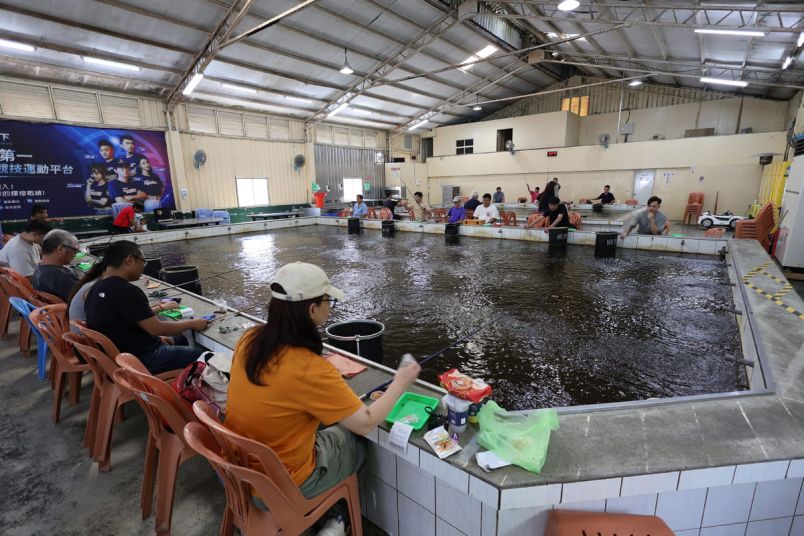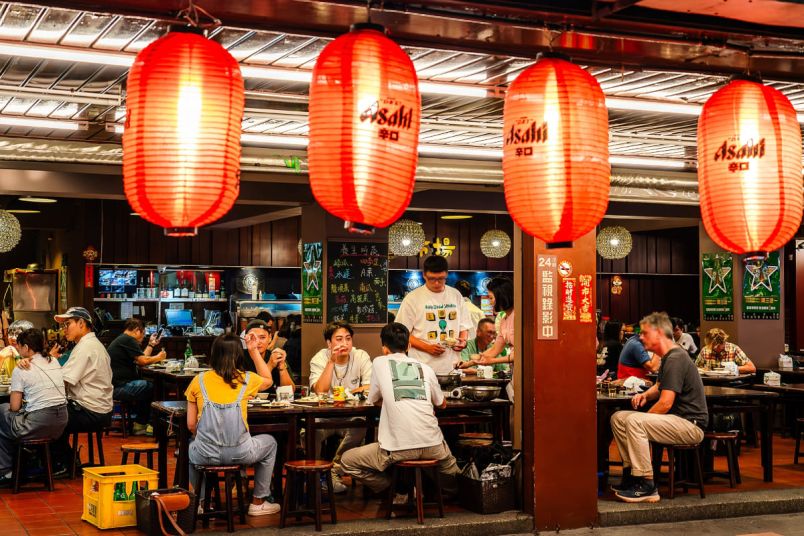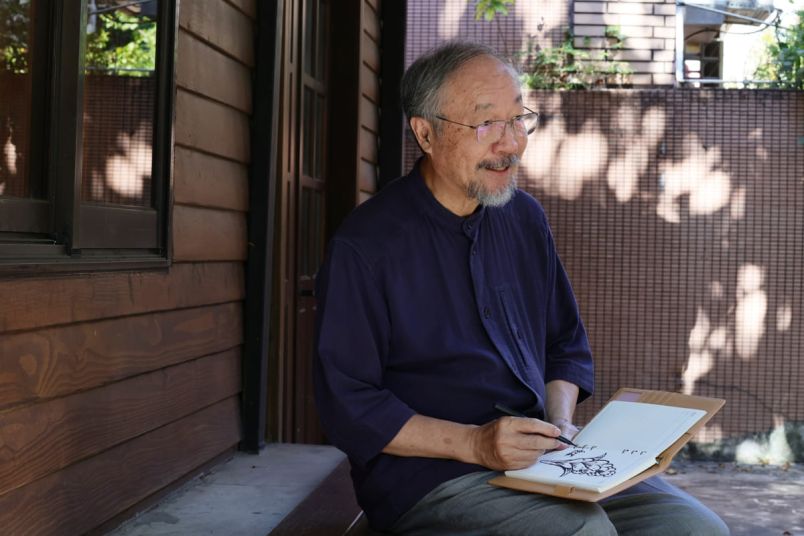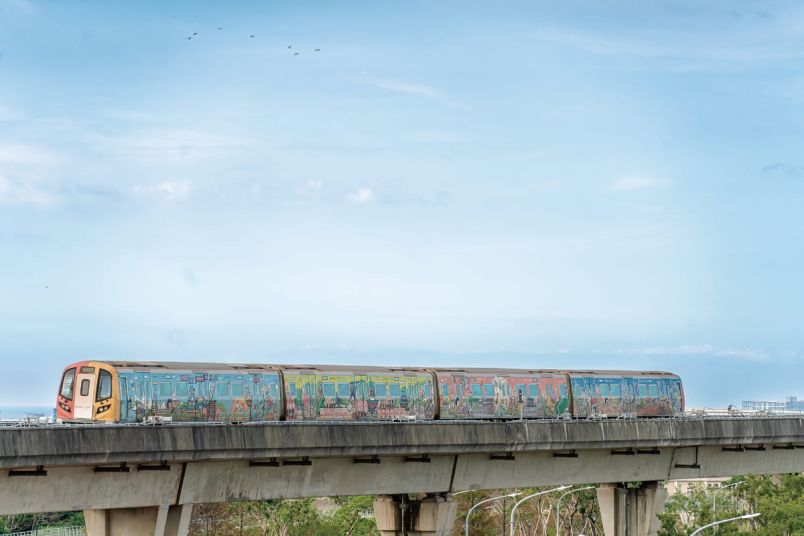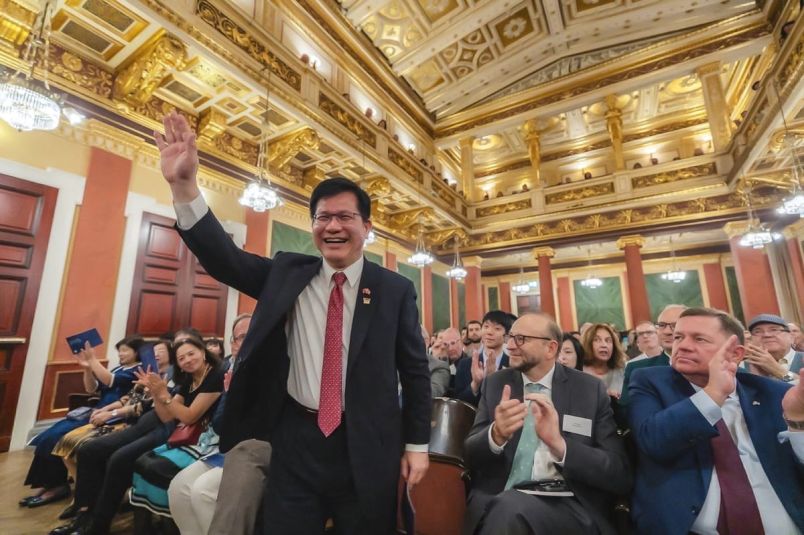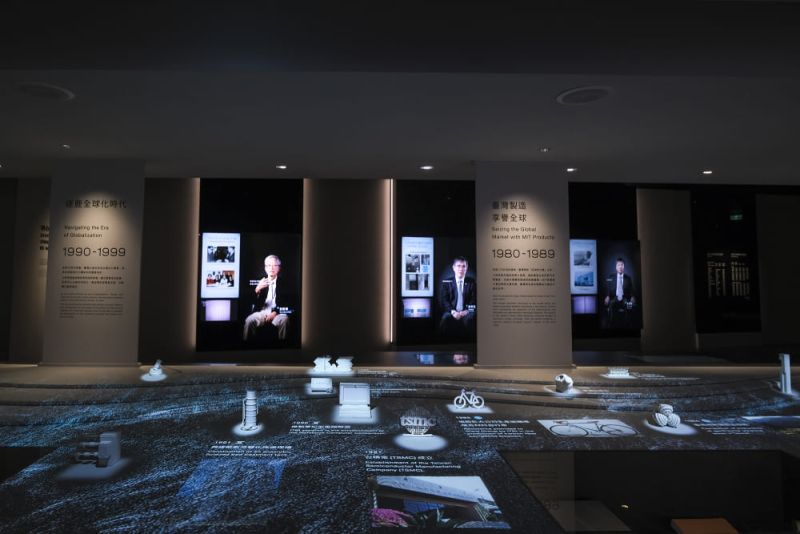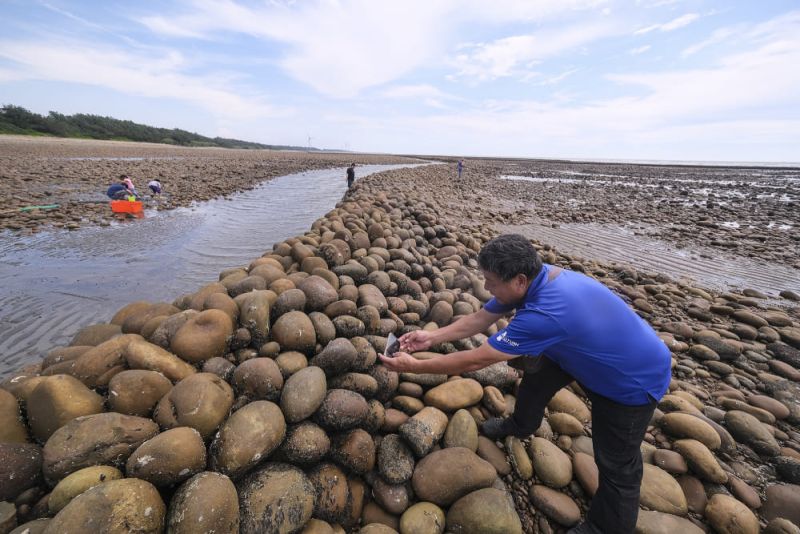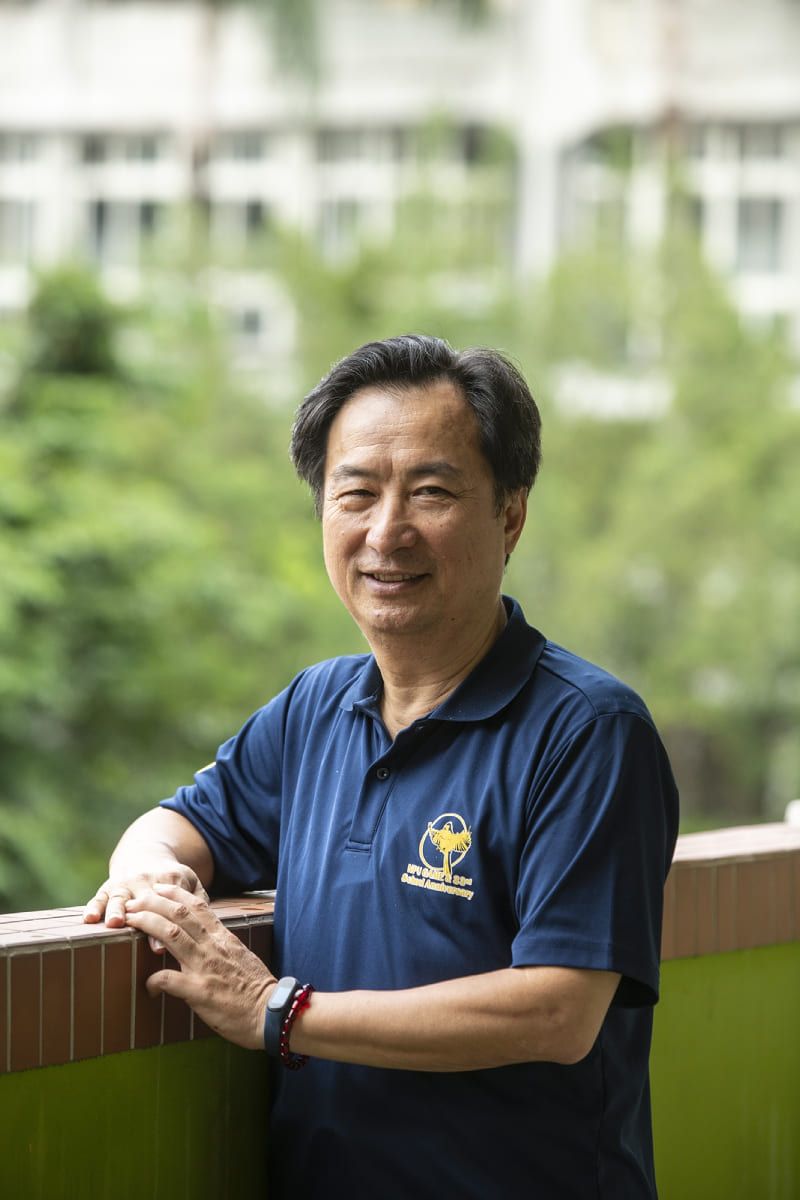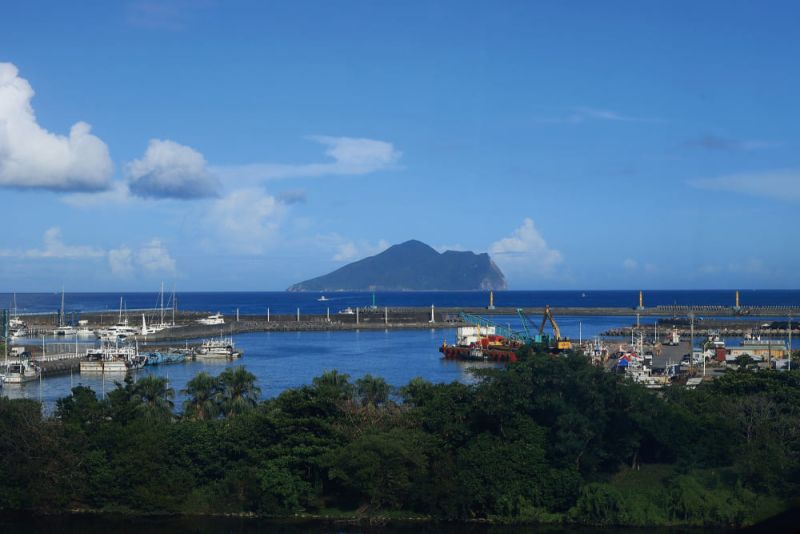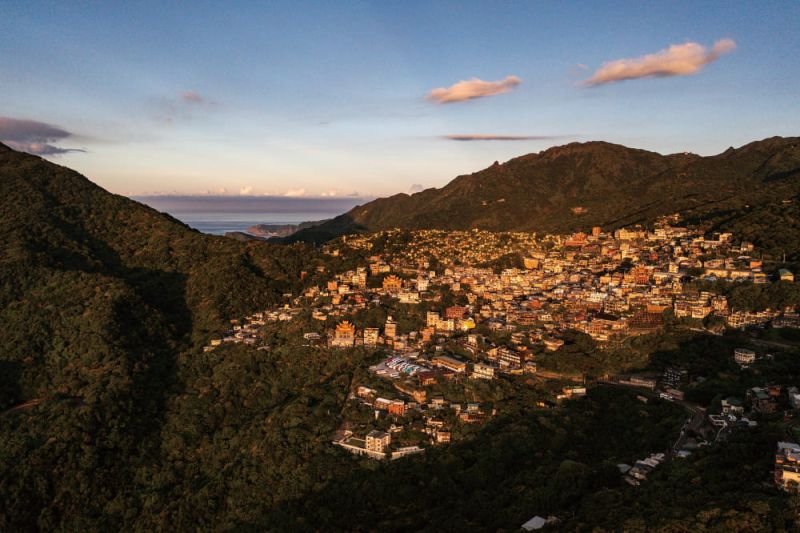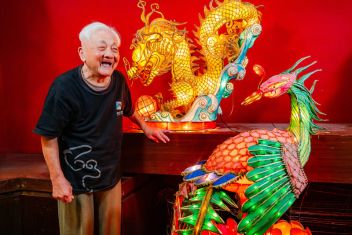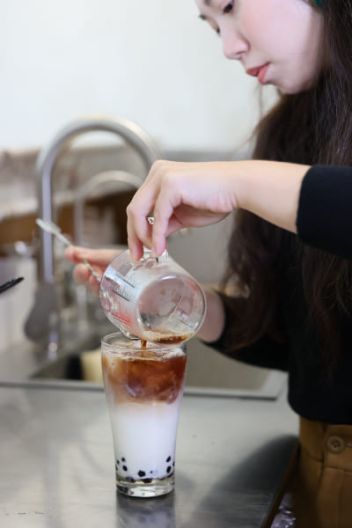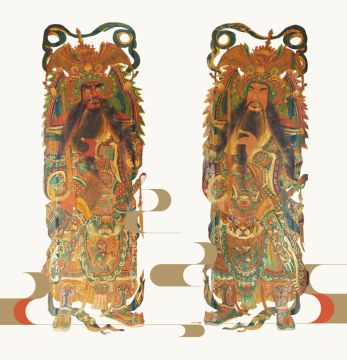Taiwan has the world’s highest concentration of venues for shrimp fishing, a.k.a. prawn fishing. There are places where you can catch and eat prawns; businesses that combine shrimp fishing with diverse leisure activities including stir-fry, barbecue, and karaoke; and even 24-hour venues. The pleasure of hooking prawns, the lively socializing among friends and family, and Taiwanese-style stir-fry have made this activity into an essential recreational experience for visitors to Taiwan.









